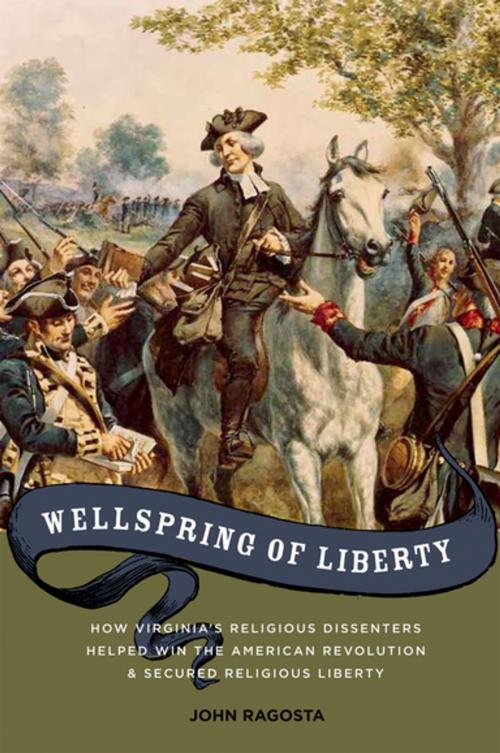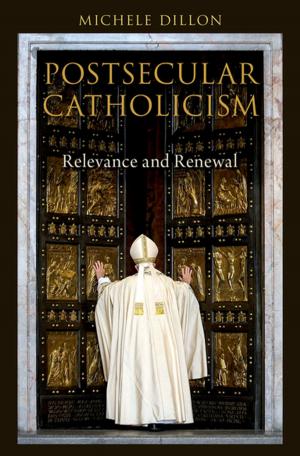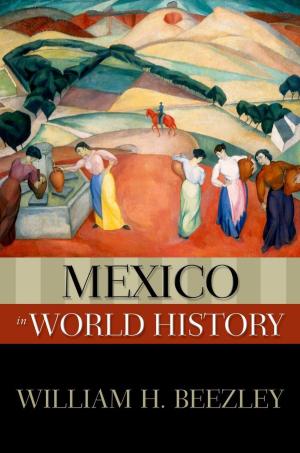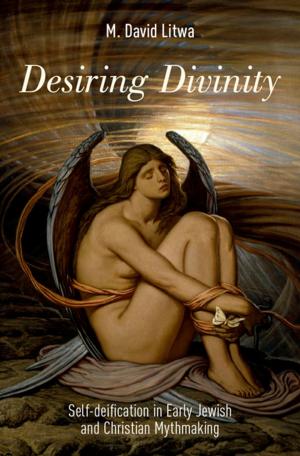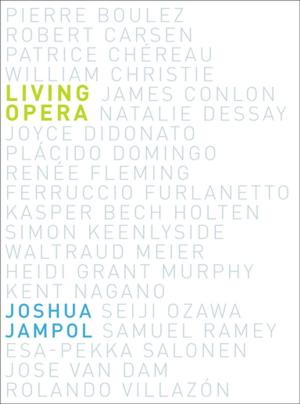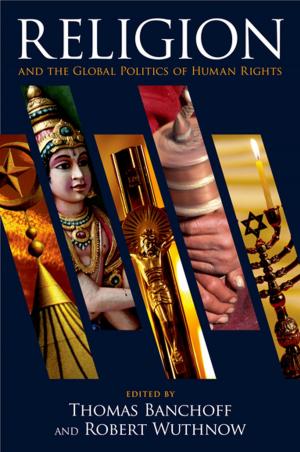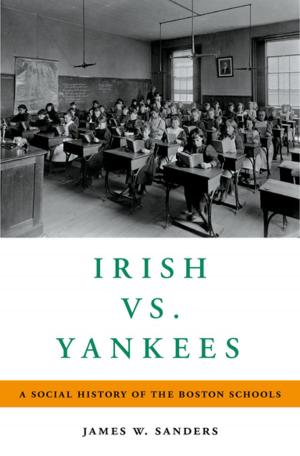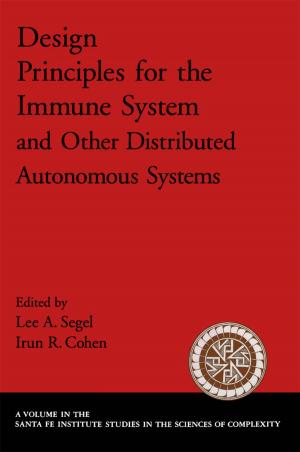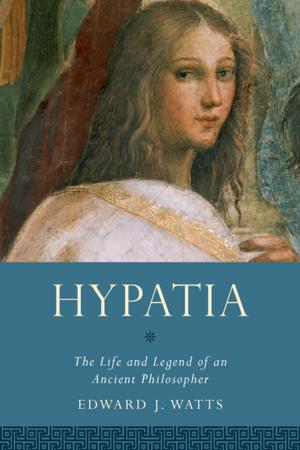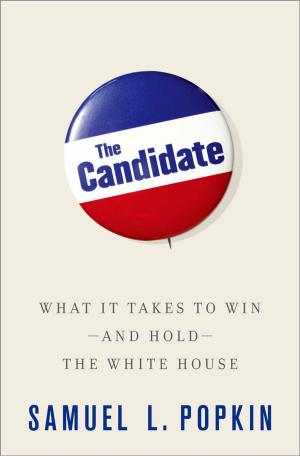Wellspring of Liberty
How Virginia's Religious Dissenters Helped Win the American Revolution and Secured Religious Liberty
Nonfiction, History, Americas, United States, Revolutionary Period (1775-1800)| Author: | John A. Ragosta | ISBN: | 9780199779925 |
| Publisher: | Oxford University Press | Publication: | May 19, 2010 |
| Imprint: | Oxford University Press | Language: | English |
| Author: | John A. Ragosta |
| ISBN: | 9780199779925 |
| Publisher: | Oxford University Press |
| Publication: | May 19, 2010 |
| Imprint: | Oxford University Press |
| Language: | English |
Before the American Revolution, no colony more assiduously protected its established church or more severely persecuted religious dissenters than Virginia. Both its politics and religion were dominated by an Anglican establishment, and dissenters from the established Church of England were subject to numerous legal infirmities and serious persecution. By 1786, no state more fully protected religious freedom. This profound transformation, as John A. Ragosta shows in this book, arose not from a new-found cultural tolerance. Rather, as the Revolution approached, Virginia's political establishment needed the support of the religious dissenters, primarily Presbyterians and Baptists, for the mobilization effort. Dissenters seized this opportunity to insist on freedom of religion in return for their mobilization. Their demands led to a complex and extended negotiation in which the religious establishment slowly and grudgingly offered just enough reforms to maintain the crucial support of the dissenters. After the war, when dissenters' support was no longer needed, the establishment leaders sought to recapture control, but found they had seriously miscalculated: wartime negotiations had politicized the dissenters. As a result dissenters' demands for the separation of church and state triumphed over the establishment's efforts and Jefferson's Statute for Establishing Religious Freedom was adopted. Historians and the Supreme Court have repeatedly noted that the foundation of the First Amendment's protection of religious liberty lies in Virginia's struggle, turning primarily to Jefferson and Madison to understand this. In Wellspring of Liberty, John A. Ragosta argues that Virginia's religious dissenters played a seminal, and previously underappreciated, role in the development of the First Amendment and in the meaning of religious freedom as we understand it today.
Before the American Revolution, no colony more assiduously protected its established church or more severely persecuted religious dissenters than Virginia. Both its politics and religion were dominated by an Anglican establishment, and dissenters from the established Church of England were subject to numerous legal infirmities and serious persecution. By 1786, no state more fully protected religious freedom. This profound transformation, as John A. Ragosta shows in this book, arose not from a new-found cultural tolerance. Rather, as the Revolution approached, Virginia's political establishment needed the support of the religious dissenters, primarily Presbyterians and Baptists, for the mobilization effort. Dissenters seized this opportunity to insist on freedom of religion in return for their mobilization. Their demands led to a complex and extended negotiation in which the religious establishment slowly and grudgingly offered just enough reforms to maintain the crucial support of the dissenters. After the war, when dissenters' support was no longer needed, the establishment leaders sought to recapture control, but found they had seriously miscalculated: wartime negotiations had politicized the dissenters. As a result dissenters' demands for the separation of church and state triumphed over the establishment's efforts and Jefferson's Statute for Establishing Religious Freedom was adopted. Historians and the Supreme Court have repeatedly noted that the foundation of the First Amendment's protection of religious liberty lies in Virginia's struggle, turning primarily to Jefferson and Madison to understand this. In Wellspring of Liberty, John A. Ragosta argues that Virginia's religious dissenters played a seminal, and previously underappreciated, role in the development of the First Amendment and in the meaning of religious freedom as we understand it today.
